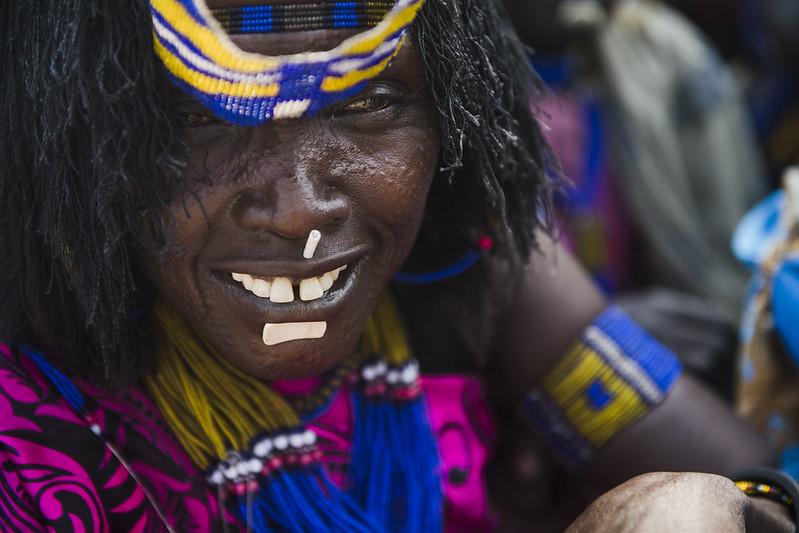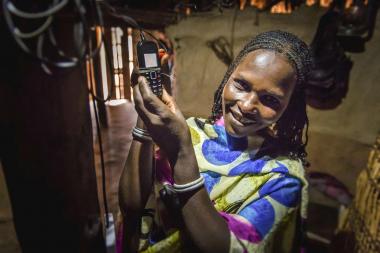News
Sustainable futures for drylands: SPARC at the Global Landscapes Forum
How can drylands be supported to build more sustainable and secure futures? SPARC held a dynamic plenary at the Global Landscapes Forum to explore the opportunities and challenges.
Publisher SPARC
SPARC hosted a plenary on ‘Partnering with dryland communities to overcome protected crises: challenges and opportunities’ at the recent Global Landscapes Forum (GLF) digital conference on ‘Restoring Africa’s Drylands: Accelerating action on the ground’.
The online event explored the persistence of protracted crises, insecure land rights, and environmental fragility on the livelihoods of pastoralists across Africa’s drylands. Speakers also discussed the role that sustainable innovations can play to build the resilience of dryland communities.
Plenary keynote speaker Dr. Musonda Mumba, Director at the Rome Centre for Sustainable Development under the UNDP, spoke of the richness of dryland ecosystems, economies and communities, and the need for arid and semi-arid regions to benefit from the upcoming UN Decade on Ecosystem Restoration.
She highlighted the intersectionality of dryland issues, including climate, food security, sustainability and conflict; the importance of embedding traditional governance systems in the restoration agenda; of women being involved in the design of financial inclusion mechanisms; and of creating green employment, particularly for youth.
In a vibrant discussion moderated by Emmanuel Seck, Environmentalist and Knowledge Manager at ENDA, Charity Lanoi, GLF land restoration steward and youth representative, said dryland communities needed to be included in restoration projects in order to build collective ownership of dryland restoration efforts. She added that youth education, awareness raising about restoration projects, as well as access to finance, were vital to support secure livelihoods for young people in arid and semi-arid regions.
Fiona Flintan, Senior Scientist specialising in natural resource management and land governance and SPARC Politics and Governance Team Lead, said that though pastoralist and agro-pastoralists in drylands did have effective strategies and processes to manage risks and shocks, their ability to do so depended on access to assets, such as land, which was becoming more of a challenge.
She highlighted SPARC research on identifying examples of good practices of interventions that improve security of tenure, and opportunities to scale these. Fiona added that efforts to promote gender equality in arid and semi-arid regions should ensure that dryland groups as a whole have strong rights, rather than prioritising individuals in a way that may weaken the strength of group networks.
Christabell Makokha, Senior Innovation Advisor for SPARC and current Head of Partnerships and Innovation Lead at Aceli Africa, emphasised the role that innovation can play to leverage finance for service delivery and market expansion in drylands in ways that foster environmental sustainability.
She said public funds played a crucial role in de-risking innovation and unlocking private capital. Christabell added that blended finance approaches could support innovation in drylands, while financial incentives had the potential drive behavioural change by encouraging agro-pastoralists and farmers to adopt sustainable new practices.
Find out more about SPARC research on innovation.
Follow us @SPARC_Ideas

A woman among local market traders in Pibor, South Sudan
Credit Image by UNMISS - CC BY-NC-ND 2.0
